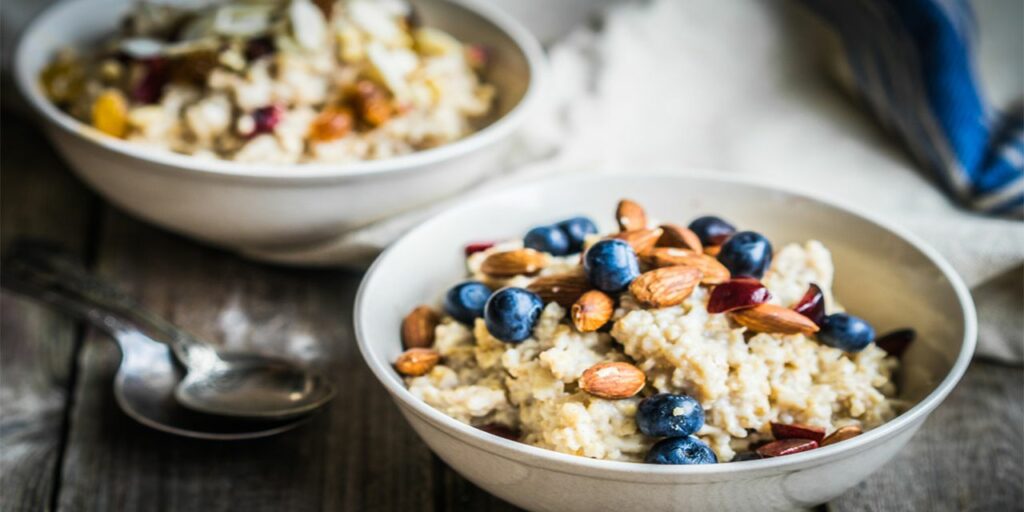People fast for a wide variety of reasons, ranging from health and weight loss to religious reasons like Muslims who fast during Ramadan.
Thousands of Muslims around the world observe the Holy month of Ramadan each year, abstaining from food and drink between the hours of sunrise and sunset for the entire Islamic month. The fast enables Muslims to reflect on their lives, remember the reasons why they fast and work to strengthen their relationship with their faith.
Undoubtedly, there are many benefits to fasting, but it can also affect your health and wellbeing. As a result, it’s essential to make sure that you are fully prepared before starting to fast. Here are some top tips to help you stay healthy while you fast.
Portion Sizes
No matter how rigidly you stick to your fasting, if you are counteracting the fast with large quantities of food, the chances are that you won’t see much – if any – benefit. As is always the case when eating healthily, it is as much about how much you eat as what you eat. Therefore, it is essential to stick to the correct portion sizes when preparing food – no matter how hungry you might feel! Most food packaging should contain a portion size guide to help you stay in control when you are cooking, helping you to avoid the temptation to go overboard.

Eat the Right Food
Similarly, eating the right food is also a key part of staying healthy. A balanced diet is a must – and even if you are fasting, it’s important to choose food that encompasses ingredients from all the major food groups. Try your best to incorporate plenty of fruit and vegetables into your diet, alongside fish, beans, or meat for a source of protein, and a regulated amount of carbohydrates, fat, and dairy, to complete your balanced diet.
Stay Hydrated
When you are fasting, water is your best friend. Try to avoid the temptation of sugary, caffeinated drinks like coffee, soft drinks, and energy drinks, and instead, opt for water as this will keep you healthy and hydrated. This is especially important for those fasting during Ramadan who cannot drink anything between the hours of sunrise and sunset. In order to keep hydrated while fasting, water is the best drink available.
Don’t Miss Out on Sleep
Sleep is a vital component of maintaining a healthy lifestyle, and it is important to get the right amount of sleep in order to feel refreshed and stay healthy. Poor quality or too little sleep and you will find yourself feeling tired and sluggish, whereas too much sleep can also prove to be harmful. As a general rule, the recommended amount of sleep for adults is approximately eight hours per night, although everyone is different, so this is not a hard and fast rule.
Break the Fast Properly
If you will be fasting for a significant length of time, it’s important to carefully consider how you will break your fast. Many Muslims observing Ramadan choose to break their fast with the traditional snack of dates and a glass of milk or water in order to hydrate and provide essential energy and nutrients before moving onto a full meal a little while later. Avoid the temptation of diving straight into a meal of junk food and caffeinated drinks, though, as this will do you more harm than good!
Keep Exercising
Fasting doesn’t give you an excuse to stop exercising. Diet and exercise go hand in hand when it comes to maintaining a healthy lifestyle, so letting one slip is not a good idea. Of course, depending on the length and frequency of your fasts, it may be a sensible idea to tone down your exercise regime, but even just heading out for an evening walk will be much more beneficial than sitting at home in front of the TV.
Whilst it is true that fasting can bring a wide range of health benefits, it is also important to make sure that you are staying healthy in other aspects of your life in order to reap fasting’s biggest rewards. By leading a balanced lifestyle alongside your fasting, you are sure to start noticing the difference in no time at all!








